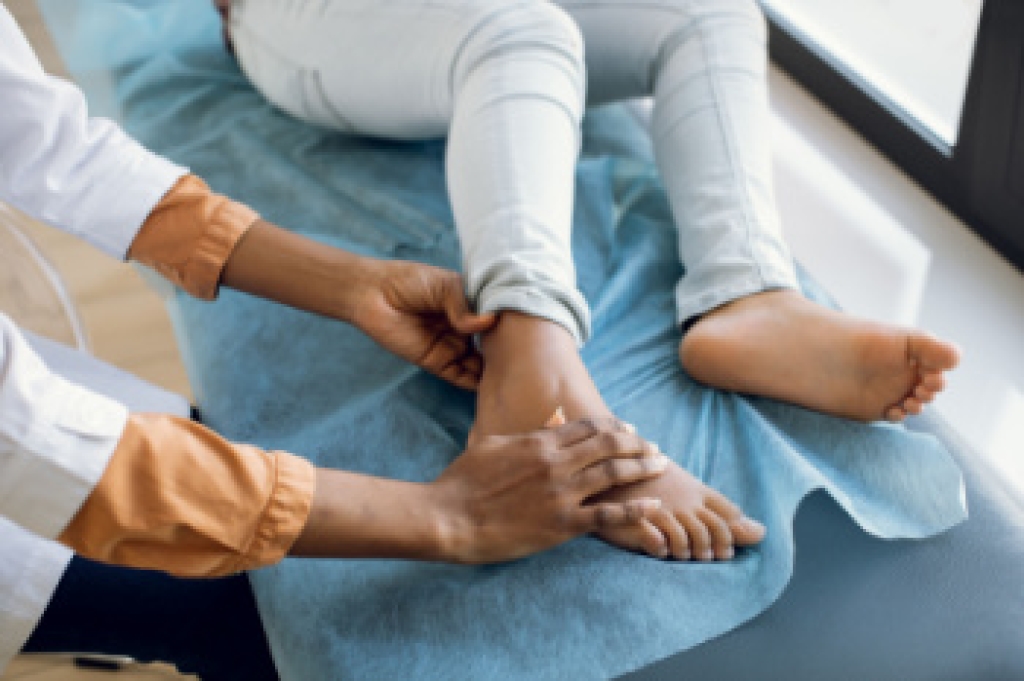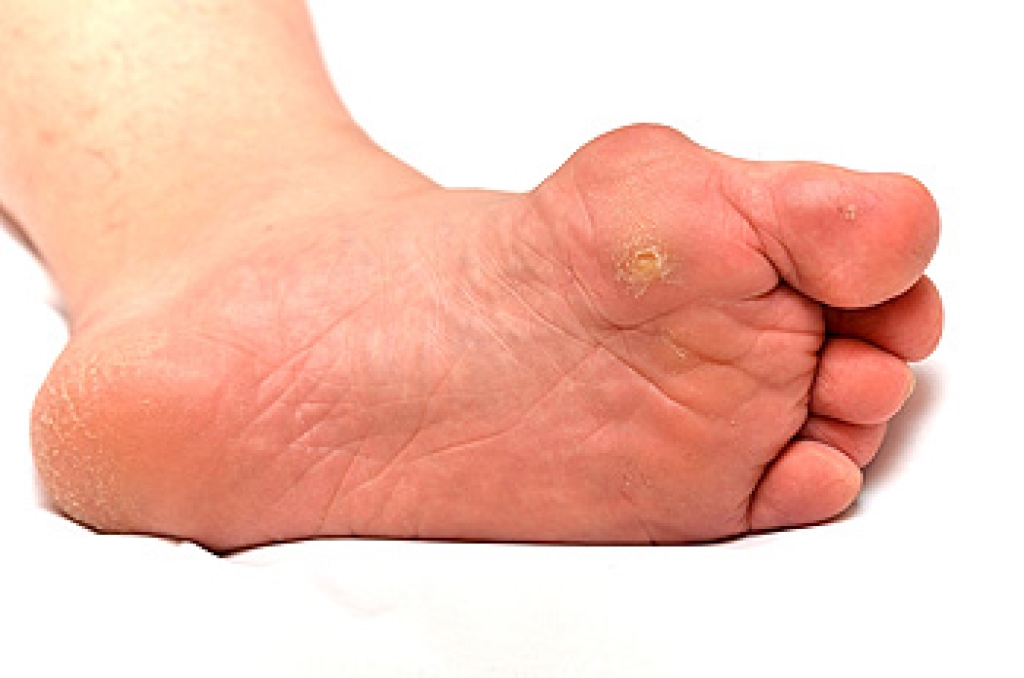
Pregnancy places unique demands on the feet as the body adapts to weight gain, hormonal changes, and shifts in posture. Many women notice swelling in the feet and ankles, heel pain, arch discomfort, and changes in shoe size as ligaments become more flexible. These changes can contribute to flat feet, heel pain, swelling, and increased pressure on the forefoot. Balance may be affected as the center of gravity moves forward, increasing strain on the ankles. A podiatrist can evaluate foot structure, gait, and joint alignment to identify the source of discomfort. Treatment options include supportive devices, compression therapy, and footwear guidance appropriate to the condition. Monitoring foot health helps reduce pain. If you are experiencing foot pain during pregnancy, it is suggested that you make an appointment with a podiatrist for an exam, diagnosis, and treatment.
Pregnant women with swollen feet can be treated with a variety of different methods that are readily available. For more information about other cures for swollen feet during pregnancy, consult with Judson Siegel, DPM from Assabet Family Podiatry. Our doctor will attend to all of your foot and ankle needs.
What Foot Problems Can Arise During Pregnancy?
One problem that can occur is overpronation, which occurs when the arch of the foot flattens and tends to roll inward. This can cause pain and discomfort in your heels while you’re walking or even just standing up, trying to support your baby.
Another problem is edema, or swelling in the extremities. This often affects the feet during pregnancy but tends to occur in the later stages.
How Can I Keep My Feet Healthy During Pregnancy?
- Wearing orthotics can provide extra support for the feet and help distribute weight evenly
- Minimize the amount of time spent walking barefoot
- Wear shoes with good arch support
- Wear shoes that allow for good circulation to the feet
- Elevate feet if you experience swelling
- Massage your feet
- Get regular, light exercise, such as walking, to promote blood circulation to the feet
If you have any questions, please feel free to contact our offices located in Plainville, Marlborough, and Somerset, MA . We offer the newest diagnostic and treatment technologies for all your foot care needs.




